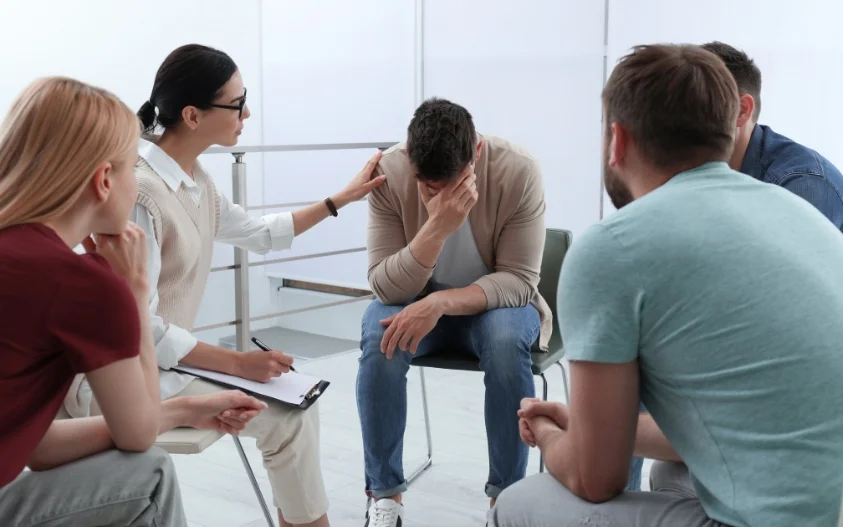24/7 Helpline:
(866) 899-221924/7 Helpline:
(866) 899-2219
Learn more about PTSD Treatment centers in Montezuma County
PTSD Treatment in Other Counties

Other Insurance Options

Anthem

Lucent

BHS | Behavioral Health Systems

Absolute Total Care

Humana

Private insurance

Evernorth

Self-pay options

Molina Healthcare

UnitedHealth Group

American Behavioral

Optum

Health Choice

Oxford

MVP Healthcare

Medical Mutual of Ohio

CareFirst

Sutter

Optima
Beacon

The Recovery Center
The Recovery Center is a non-profit rehab located in Cortez, Colorado. The Recovery Center specializ...

1st Alliance Treatment Services
1st Alliance Treatment Services is located in Cortez, Colorado. 1st Alliance Treatment Services prov...

Misfit Addiction Counseling
Misfit Addiction Counseling is a public rehab located in Cortez, Colorado. Misfit Addiction Counseli...














































